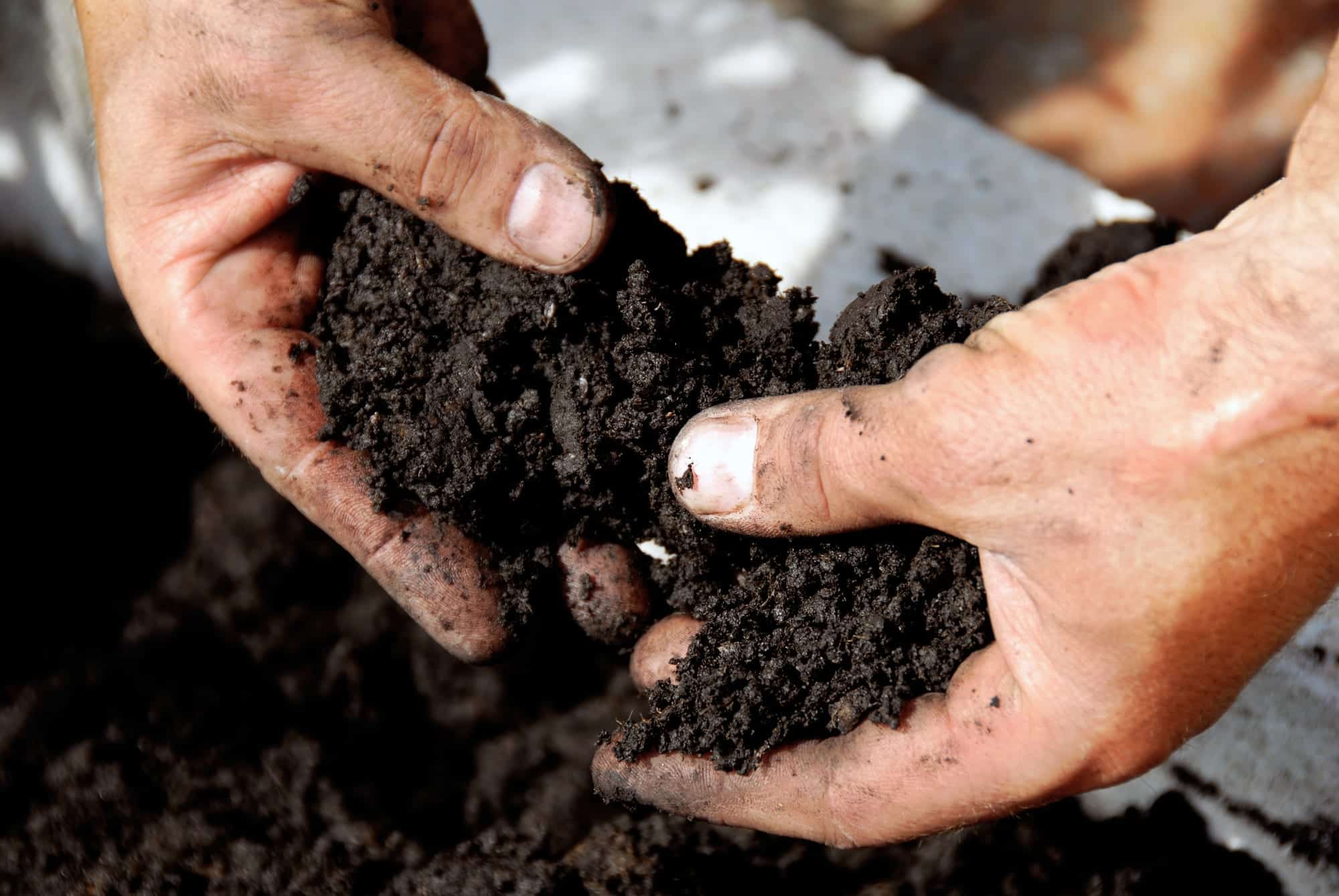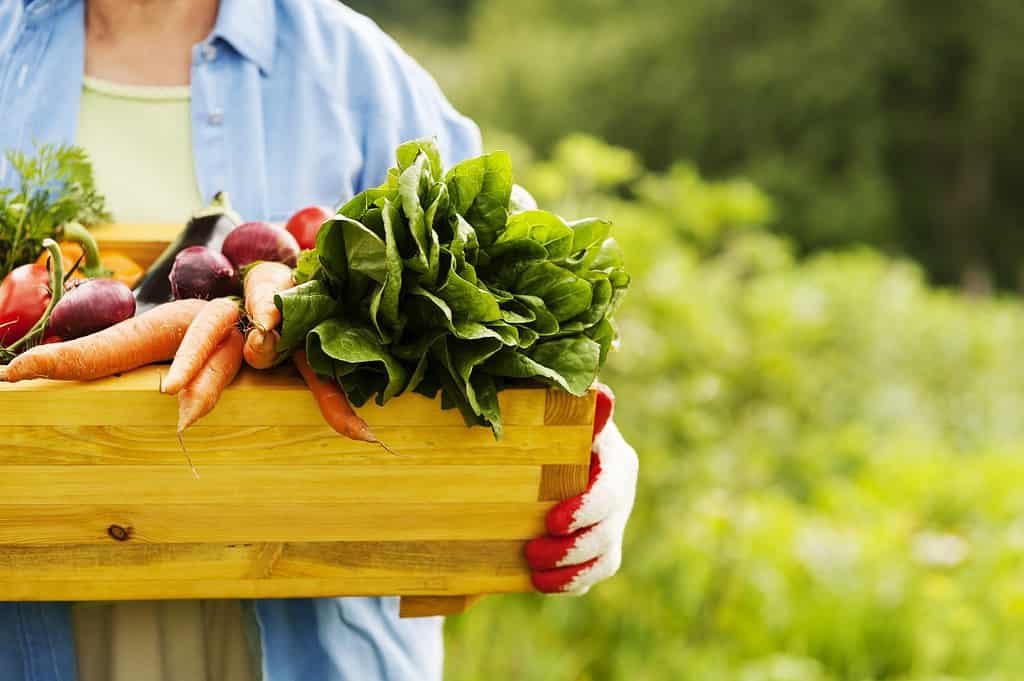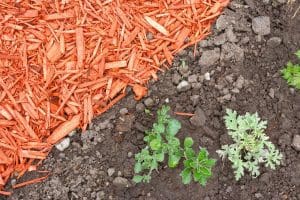
What is ‘No Dig’ Gardening?
No Dig gardening is gaining traction in the green thumb world, as people are becoming interested in natural ways to landscape without relying on methods that disrupt the soil balance.
In this post, we explain what No Dig gardening is and the benefits it offers for your flowers, vegetables, herbs, fruits, and shrubs.
What is No Dig Gardening?
As the name implies, you simply refrain from tilling or digging in the earth to sow seeds or plants.
The aim is to leave the soil undisturbed. Instead, gardeners can supplement the soil by adding organic matter, such as organic mulch or composted materials, to the surface.
This imitates the natural cycles of soil rejuvenation and plant growth in nature. As organic matter decomposes over time, microorganisms work the nutrients of the organic matter into the soil, boosting aeration, drainage, and the nutrient profile to create a thriving environment perfect for plants.

The Benefits of No Dig Gardening
No Dig gardening is a simple concept, so what are the benefits?
- Less watering is required since the aeration and drainage of the soil are improved.
- It’s convenient since it’s less labor-intensive. You save time (and your fingernails).
- This is a great way to naturally deter weed growth since seeds have difficulty germinating in undisturbed soil and mulch.
- Improves the overall composition of the soil for healthy, hardy plants.
- Slugs stay away from mulch!
- It’s an eco-friendly alternative to traditional gardening methods.
How to Get Started

Ready to give No Dig gardening a go? Here are a few tips to jump in…
Start with one flower bed to get your bearings, and go from there once you establish a setup that works for your plants.
Begin by laying down a weed-suppressing barrier, then lay down organic mulch– about two to four inches thick to ensure proper drainage.
Next comes the no-till planting. Stick with plant varieties that have shallow roots, such as leafy greens, radish, and onions. Over time as the soil breaks down and extends, you can start planting varieties with deep roots, such as carrots, garlic, peppers, and legumes.
You’ll have to add a new layer of organic compost or organic mulch each new planting season.






Leave a Reply